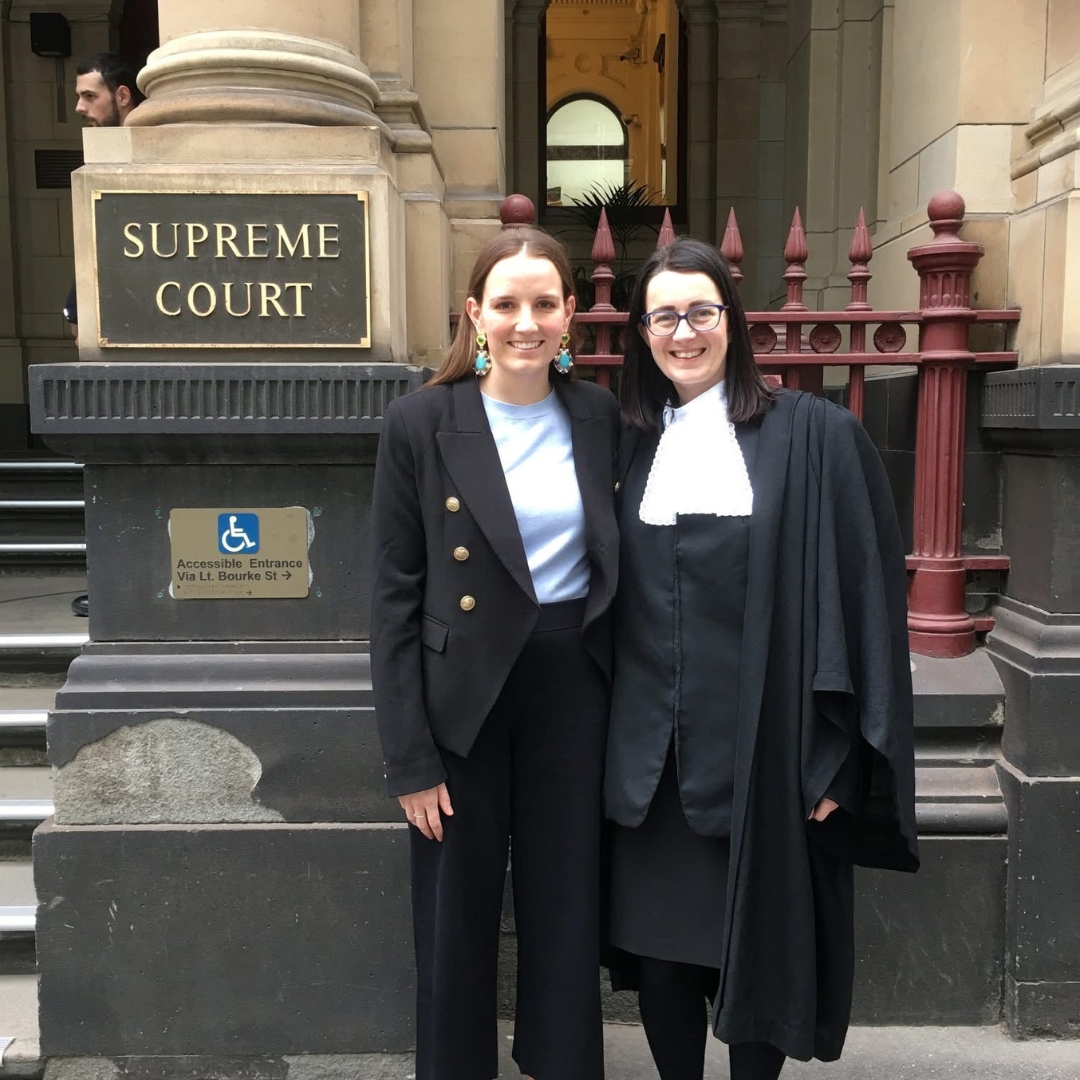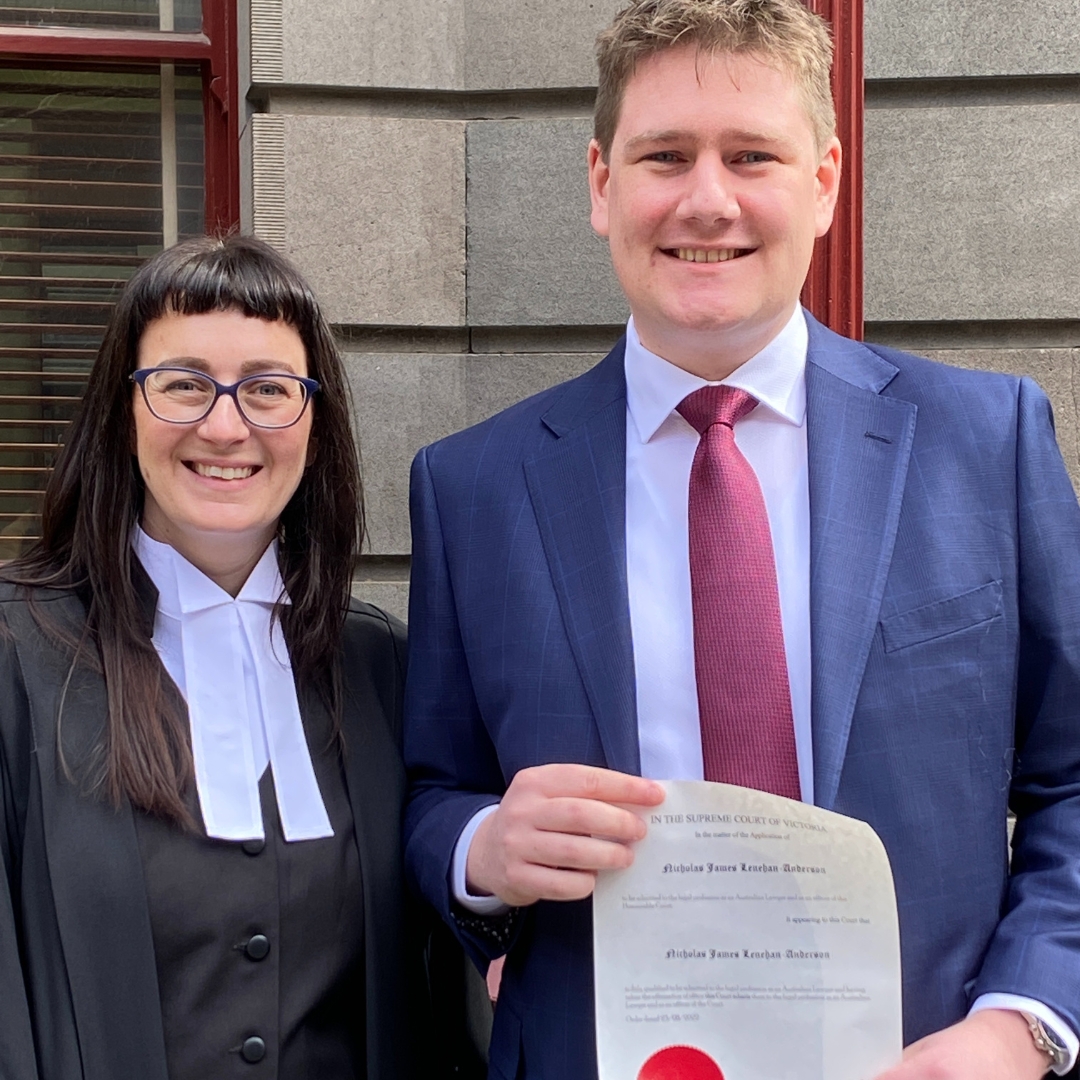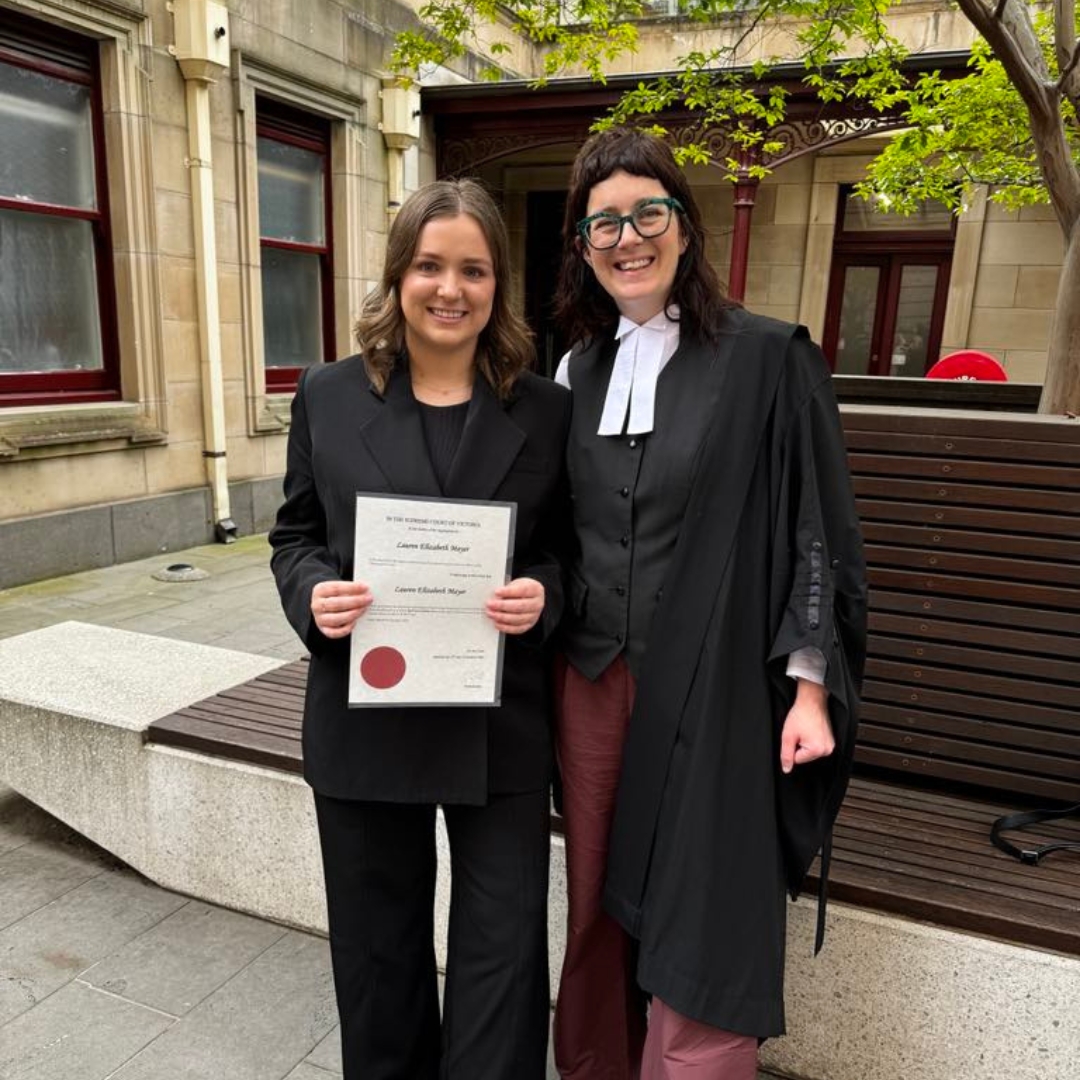What to Do When Managing An Estate

Q1 - My family member has died, and I don’t even know where to begin. What do I need to do?
We're so sorry to hear about your loss, and are sending our support to you and your family.
Our probate team are here to try and take some of the load of your shoulders at this difficult time by taking the paperwork off your hands and we will help guide you through the process of administering an estate.
A few things to consider:
- In order to begin our work we will require the death certificate. The funeral home will assist you with applying for this and it is usually sent out within a few weeks. If you think there is something urgent that requires attention before that time then our team can certainly talk you through your situation and provide advice;
- It’s really useful when you’re ready to make an appointment with our office if you can bring with you any relevant documents which often include:
- Copies of bank statements,
- Details of any property which was owned by your family member;
- Details of any shares;
- Information about superannuation or life insurance policies;
- Employment details;
- Any loans or outstanding bills;
We understand if this is not possible though, as sometimes things happen suddenly. We will be able to help you even if you are unsure or do not have all the paperwork handy.
Q2 - What if my family member doesn’t have a will? Can you still help me?
Of course we can, we can help you follow legal proceedings as there is a general process of how these estates have to be administered.
The next of kin is generally the person entitled to administer this type of estate (and who this is will ultimately depend on your own family’s circumstances). We appreciate this must be a really stressful time for you and we will take this into account when assisting you.
Q3 - What does being an Executor mean?
An executor is the person who is nominated in a person’s will to deal with that person’s estate and carry out their wishes as set out in the will.
Being an executor comes with considerable responsibility and involves making sure the assets are secured (for example, maintaining insurance on the house and knowing where the keys are), that the debts are paid and that the assets are collected and distributed to the beneficiaries as set out in the will.
This might sound overwhelming but most executors we deal with have never been an executor before- so don’t feel nervous if you’ve been appointed as executor. Our job is to guide you through step by step.
Q4 - I would like Sewells to help! How do I get in touch?
We feel privileged to help families through the estate process and would be happy to help you and your family. You can drop into any of our offices or give us a call or email – find our details on our contact us page.
Related articles

Farewell Bec
















